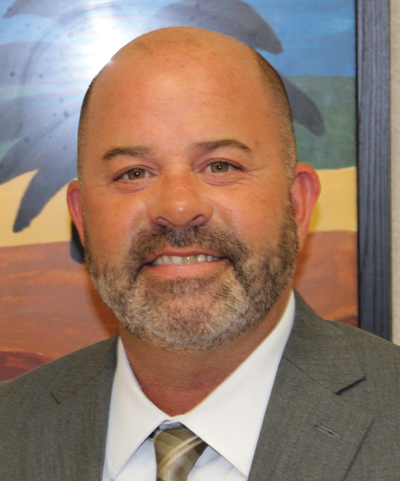Positive Behavior Interventions and Supports Make a Difference

What Are Positive Behavior Supports?
SPAN, a New Jersey advocacy network, defines positive behavior supports as “a strategy designed to encourage positive behaviors in schools, homes, and other social situations. It is based on three key principles: all children have inherent value, dignity, and worth; behaviors are learned responses to environmental and experiential conditions and factors; and behaviors can be changed when their function is understood and positive supports are provided for the change.”
Areas that might be adjusted or added through supports include:
- Routines - eliminate ambiguity and misunderstandings
- Breaks - a step away from self-regulation
- Silent signals - a gentle signal to indicate a request or correction
- Proximity - circulating nearby during lessons, work time, and transitions
- Quiet corrections - whispering rather than being highly public with corrections
- Special tasks - distract from behavior by focusing on a short but special task
- Positive phrasing - less of “don’t run” and more of “let’s walk”
- Behavior statements - complimentary comments on the positive behavior
- Tangible reinforcers - rewards like a small toy or snack
What Makes Supports Work?
With positive behavior interventions and supports based on a proper evaluation, student with special needs will have benefits such as:
- Improved social and emotional behaviors - better concentration, fewer tardies, decreased behavioral challenges
- Reduced discipline - fewer discipline referrals and suspensions, decreased restraints and seclusions
Interventions and supports are all about taking a positive approach to changing behaviors. It is to empower the students and build upon positive attributes. It’s a team effort, though, between the teacher, parents, and most importantly, the student. If done well, this can build relationships that will extend beyond the stage of the behavioral challenge.
What Are Proactive Measures?
The Gateway School strives to maintain a proactive environment for students so they can have the best possible learning experience. This includes being inclusive in planning and problem-solving, being flexible, and developing confidence in their unique attributes.
Final Note:
The staff at The Gateway School would love to get to know more about your child. Schedule a tour or reach out by phone using our contact page.
Resources:
https://spanadvocacy.org/downloads/behavior/
https://www.pbis.org/topics/students-with-disabilities
https://www.powerschool.com/blog/9-examples-of-positive-behavior-supports-interventions/
Request a Tour of The Gateway School

Since 1980, RKS Associates has been a leader in providing the needs of special education students and helping children grow to their fullest potential. Each of our schools seeks to empower each student with skills for life, work, and recreation; we believe that every individual possesses the dignity and potential to contribute to a better world.
As part of the RKS Associates Network of schools in New Jersey, the goal at the Gateway School is to assist all students in becoming as independent as possible and help them get ready for the future. Located in Carteret, NJ, we serve individuals throughout Central and Northern New Jersey. Contact us at our main office at 732.541.4400 with any questions or schedule a private tour of the Gateway School today.
Kevin Jones Principal-The Gateway School of Carteret, NJ


